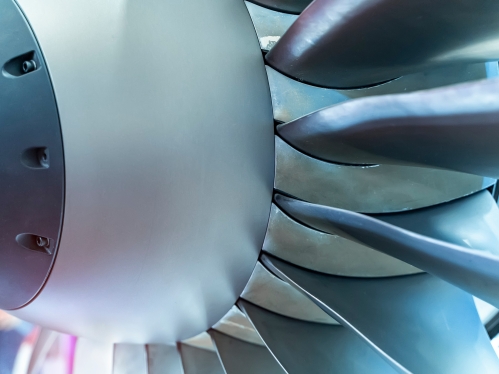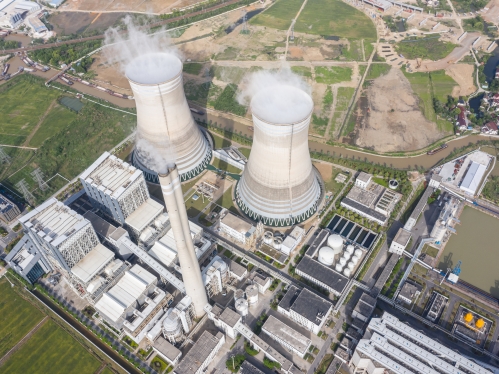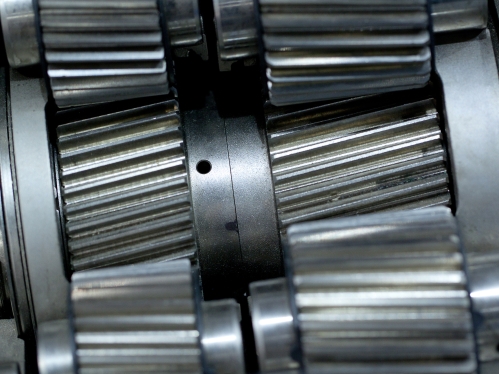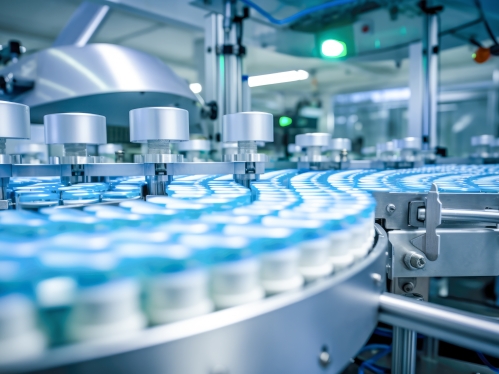Research Areas
Aerospace Sciences and Engineering
The Aerospace Sciences and Engineering topic area encompasses a wide range of research and development activities focused on applications to aeronautical systems and space exploration. With new developments in offshore wind energy, unique hypersonic testing and simulation capabilities, improvements in drone design and automation, and looking forward into a sustained human presence away from the Earth, this area promotes the advancement of technology integral to progress in aerospace, benefitting both civilian and defense-related interests.

Bioengineering and Mechanobiology
Our research in bioengineering and mechanobiology encompasses a multidisciplinary approach aimed at applying mechanical engineering principles to provide insights and solutions for improving human health. Faculty are engaged in a wider range of research topics that include biomechanics, biofluid dynamics, cardiovascular flow, mechanics of degenerative diseases, trauma and central nervous system, cellular and tissue mechanics, modeling of sub-cellular components, drug delivery, bioprinting, biosensors, wearable technologies, bio photonics, bio safety, bio- and bio-inspired locomotion.

Data Science in Mechanical Engineering
Data Science in Mechanical Engineering focuses on processing and learning from vast, complex datasets, with artificial intelligence, machine learning, and data-driven methods becoming integral across the field. Bridging classical engineering with data science is driving a paradigm shift within the discipline aiming to exceed human modeling, design, and decision-making capacities. Some applications of AI- and data-driven models include safer, more efficient aircraft design, discovery of novel materials, accurate prediction of complex mechanical systems, unprecedented autonomy and control of robots, and revolutionized manufacturing processes via digital twins, among others.

Design and Advanced Manufacturing
The area of Design and Advanced Manufacturing capitalizes on the convergence of data infrastructure and advances in process monitoring, computational modeling, data analytics, AI/machine learning, digital twins, 5G wireless communication, cyber-physical-human systems, and advanced controls, which advance fundamental understanding, inform and enhance the design, manufacturing, and materials processing at the process, machine (including robots), and system levels. By harnessing the data thread throughout the product lifecycle, this area aims to drive manufacturing quality, productivity, flexibility, sustainability, security, and competitiveness across diverse industries.

Fluid and Thermal Sciences
The fluid and thermal sciences group focuses on the fundamental and applied aspects of fluid flow and thermal energy transport, considering different regimes and transport mechanisms. Fluid flow and heat and mass transfer arising in a wide range of engineering problems are investigated. Among the areas of particular interest are computational fluid dynamics and heat transfer, multiphase flows, convective and radiative heat transfer, micro and nanoscale transport processes, biofluid mechanics, multiscale modeling, thermal system design and optimization, thermal processing of materials, energy and environmental systems, combustion, and fires.

Mechanics, Materials, and Structures
Theoretical, computational, and experimental studies in this area describe the relationships between elastic properties, external stimuli, and responsive behaviors in solid matter. Material behavior is dependent on morphology, composition, and geometry across length scales with impacts on resulting structural properties and functionality. Department-based efforts to understand the ties between underlying mechanics and resulting properties are in the domains of acoustics, active materials, additive materials, biomaterials, compliant structures, composites, electronics, fluid-structure interactions, machined materials, nanomaterials, sensors, soft materials, structural dynamics, and sustainable materials.

Packaging Engineering
Packaging is a multi-billion-dollar industrial sector and the world’s third largest industry based on gross sales. Packaging Engineering is a true multidisciplinary field that is solidly rooted in basic engineering, and that involves mechanical engineering, material science, AI, robotics and automation, electrical engineering, supply chain management, business development, and creativity and innovation. Packaging Engineering expertise are broadly and closely related to all major industrial sectors including pharmaceutical, cosmetic, food and beverages, consumer and supply chain, and many more.

Robotics, Dynamics, and Controls
Research in robotics, dynamics, and controls integrates principles from mechanical engineering, electrical engineering, computer science, and mathematics to develop innovative systems capable of interacting with and manipulating the physical world, as well as to enhance our fundamental knowledge about the functioning of such complex systems. Specific research topics include autonomous vehicles, mechatronics, human-robot interaction, motion control, precision engineering, unmanned air vehicle (UAV), space robotics, astrodynamics, smart materials, structural dynamics, acoustics, and adaptive and meta structures.
